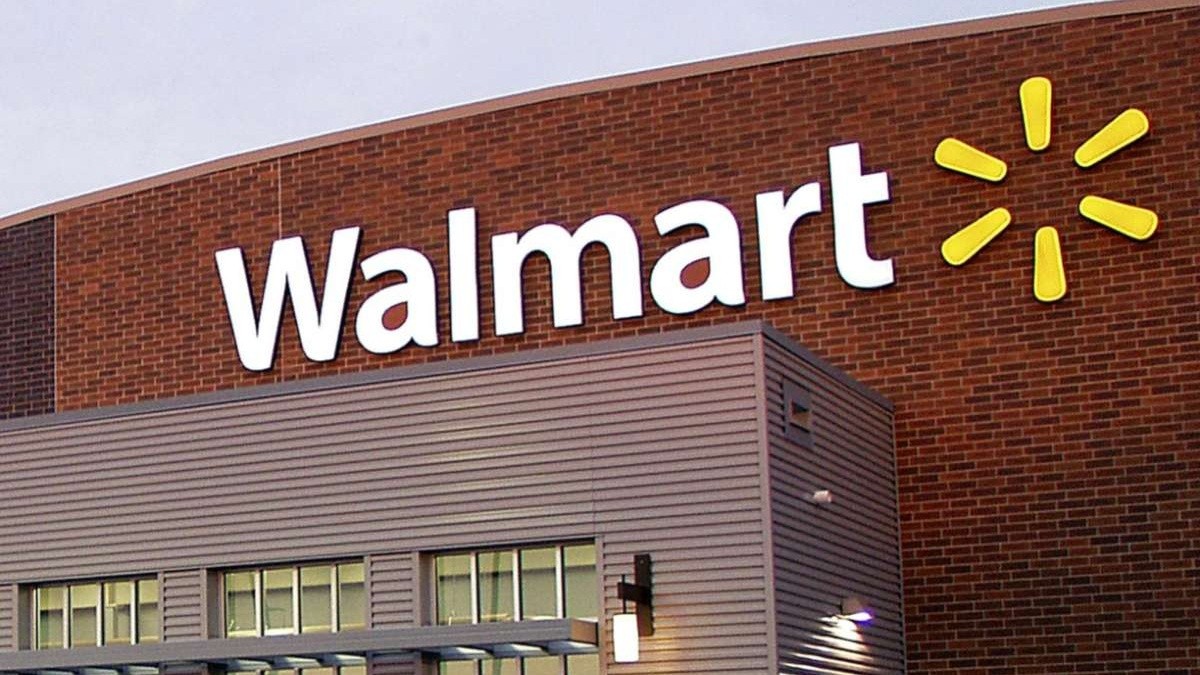
The recently implemented tariffs by the Trump administration have positioned Walmart and Amazon In a tough situation, Walmart, being the biggest retailer globally, declared possible price increases because of heightened expenses stemming from the worldwide trade conflict. Despite this, President Trump has openly urged corporations like Walmart to absorb the tariffs themselves rather than passing them onto customers. This stance has placed Walmart in an awkward position as they aim to keep their competitive advantage while handling narrow profit margins.
Doug McMillon, the CEO of Walmart, has mentioned that although the company will take on part of the cost from tariffs, it can’t bear all of them. Given that Walmart’s net profit margin is under 3% and depends significantly more on large-scale operations than high markups, McMillon pointed out that even with attempts to maintain affordable pricing, the extensive nature of these new duties will result in increased expenses for shoppers.
Amazon, yet another major retailer, found itself at the center of the administration’s tariff disputes. It came to light that Amazon contemplated adding extra charges for tariffs directly onto their product listings. However, this idea faced swift backlash from the White House; Press Secretary Karoline Leavitt denounced it as a ‘hostile and politically motivated action.’ Amidst mounting criticism, Amazon opted not to proceed with the proposal, underscoring how presidential pressures can sway business choices.
These events highlight President Trump’s approach of using his authority to push major, lucrative firms into bearing the burden of tariff expenses. The government contends that these enterprises, due to their substantial profits, can shoulder these financial burdens without affecting customers. Nevertheless, the intricacies of economic operations indicate that even corporate behemoths such as Walmart and Amazon need to weigh cost assimilation against the demands of stakeholders.
Even though the government talks optimistically about tariffs, experts in the financial world expect that these trade measures will result in higher prices for consumers. Given that a giant like Walmart, which has an enormous distribution network and significant control over the market, struggles to cover these additional expenses entirely, smaller businesses are even less likely to manage this feat successfully. This scenario underscores how changes in trade policy can have far-reaching effects on retailers and their customers' spending habits.
There is a stark contrast between the requirement for firms to absorb new tariffs and their necessity to uphold profit levels and deliver strong returns to shareholders. Amidst the shifting trade environment, enterprises have to manage these conflicting demands as they aim to stay competitive.


0 Comments